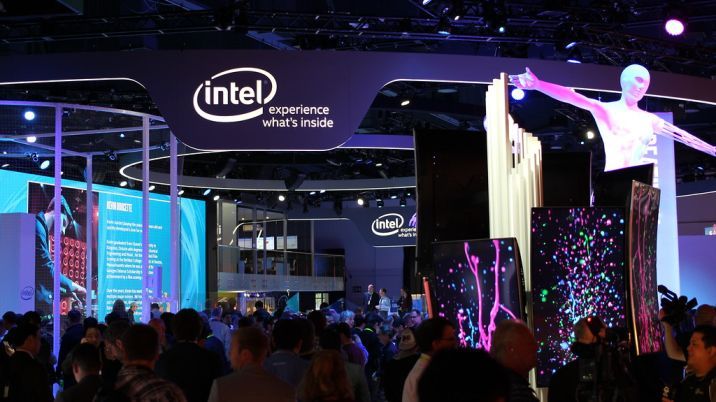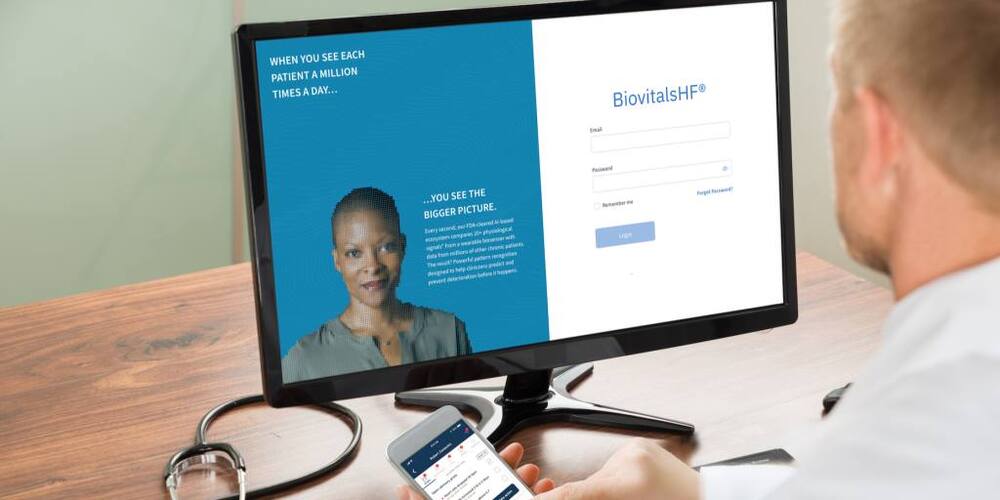
Intel, in its latest acquisition spree, has acquired Israel-based Cnvrg.io. The deal, like most of the deals in the past, is aimed at strengthening its machine learning and AI operations. The 2016-founded startup provides a platform for data scientists to build and run machine learning models that can be used to train, run comparisons and recommendations, among others. Co-founded by Yochay Ettun and Leah Forkosh Kolben, Cnvrg was valued at around $17 million in its last round.
According to a statement by Intel spokesperson, Cnvrg will be an independent Intel company and will continue to serve its existing and future customers after the acquisition. However, there is no information on the financial terms of the deal or who will join Intel from the startup.
The deal comes merely a week after Intel’s announcement of acquiring San Francisco-based software optimisation startup SigOpt, which it did to leverage SigOpt’s technologies across its products to accelerate, amplify and scale AI software tools. SigOpt’s software technologies combined with Intel hardware products could give it a major competitive advantage providing differentiated value for data scientists and developers.

















